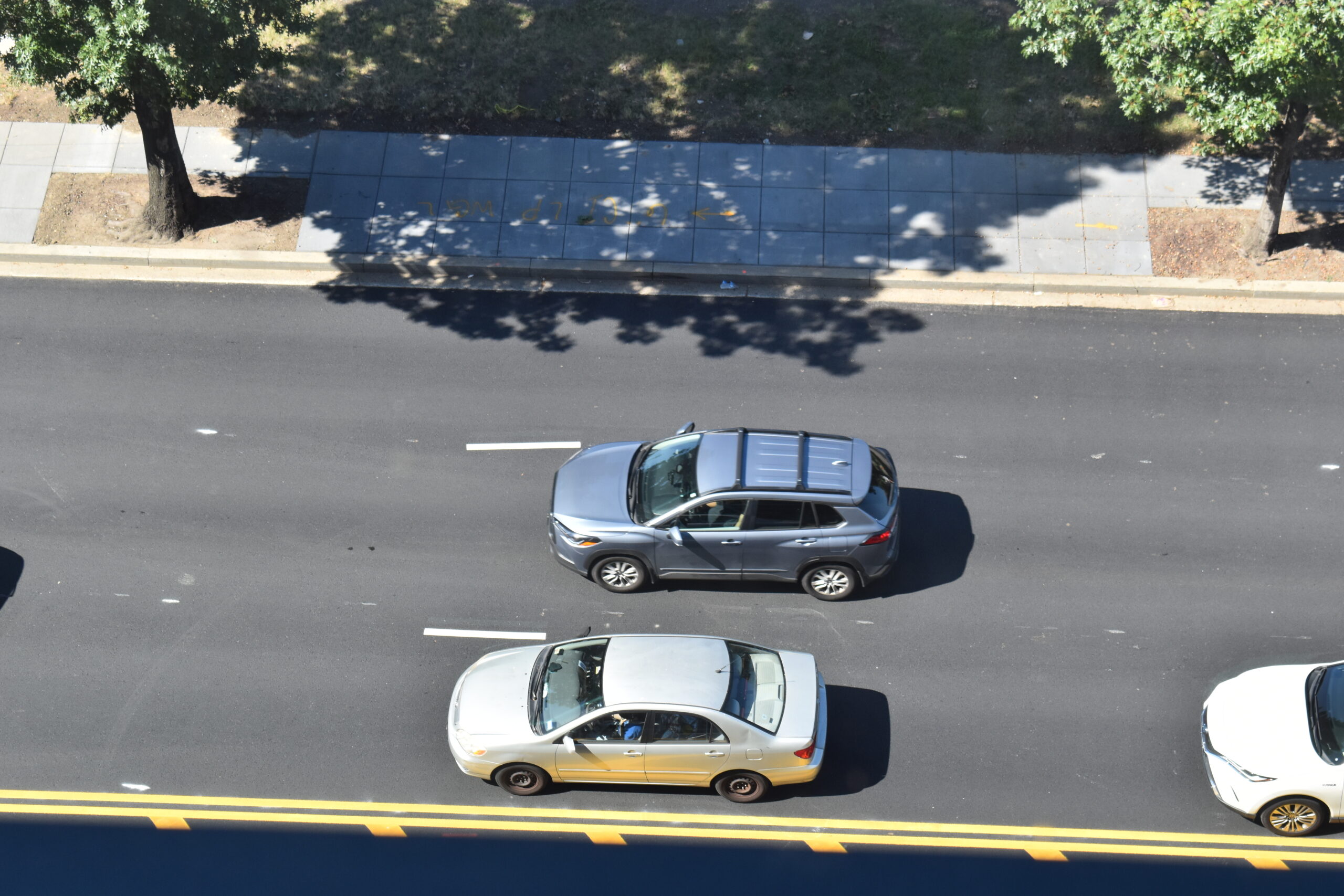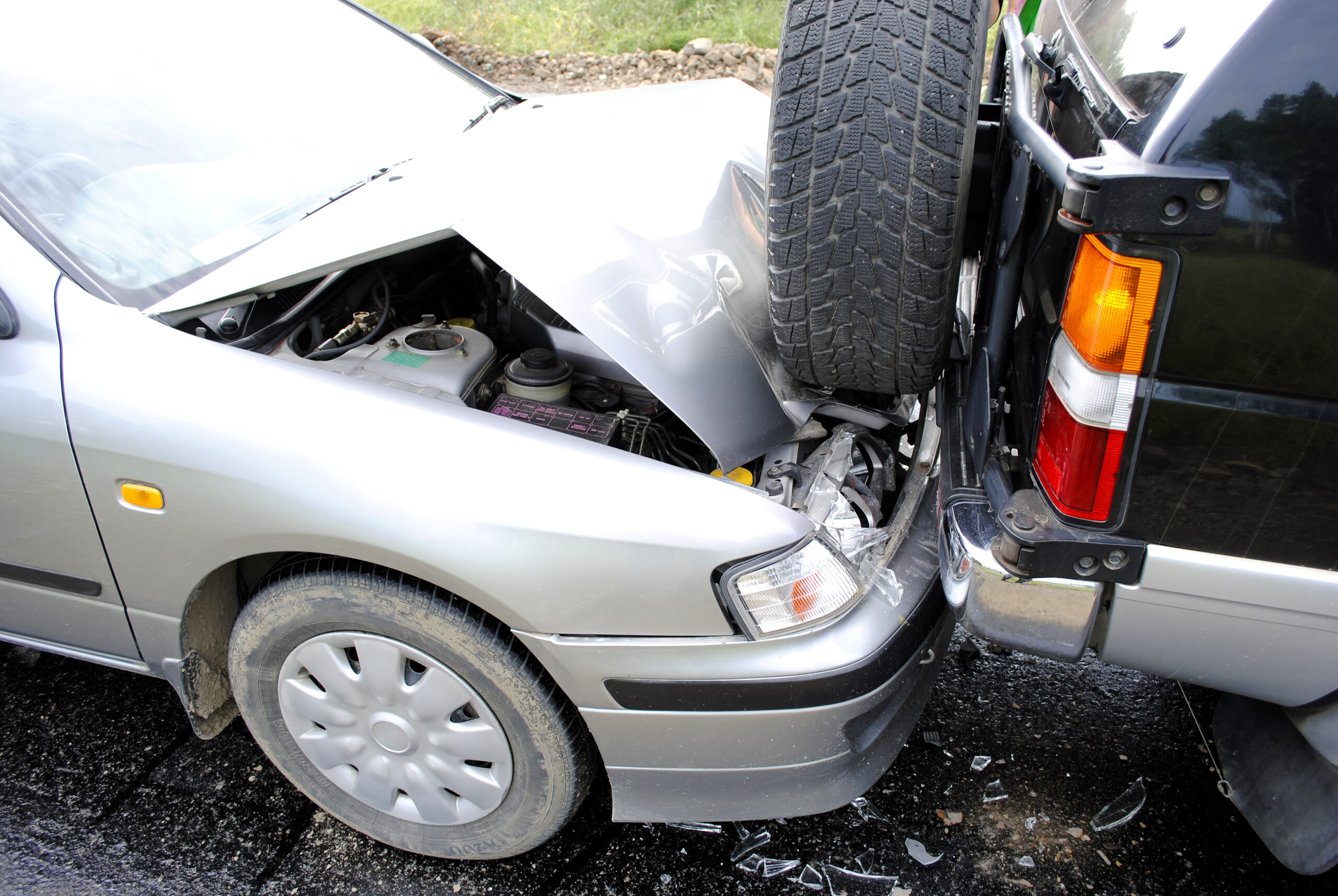Recently, a man was killed in a traffic confrontation. The 40-year-old victim was shot as the end result of what authorities a referring to as a road rage incident. Kansas City.com reported on the deadly incident. The 42-year-old man who shot the victim called 911 to report the confrontation. When police arrived at the scene, they found the 42-year-0ld performing CPR on the victim. The victim later died from the gunshot wound he had sustained.
Police indicate that the older man who used his weapon will not be arrested for the shooting and he is cooperating with the investigation. It is believed the victim may have been the one to have initiated the confrontation and early investigation suggests the shooter was acting in self-defense.
The victim who died as a result of this recent shooting has had previous issues with traffic confrontations. In 2001, he followed a 48-year old man and sucker-punched him. The man he struck fell down, struck his head on pavement, and died from the injuries. As a result, the perpetrator was sentenced to 11 year in prison at the age of 26. The widow of the man killed 11 years ago was quoted as saying the recent death of her husband’s killer in another road rage incident was “poetic justice.”
While this situation was an unusual one, it is not uncommon for road rage to cause car accidents or fatalities. In some cases, road rage actually leads to intentional acts of violence which cause serious injuries or fatalities. Washington Post reports that there were 47 fatal accidents attributed to road rage in 2013. This is a significant increase from the 26 deaths attributed to road rage in 2004.
In other situations, road rage results in acts of aggressive driving which increase the chances of auto accidents even when motorists are not intentionally causing crashes. KSAT recently reported on a troubling survey conducted by AAA Foundation for Traffic Safety which revealed 80 percent of U.S drivers had exhibited road rage or shown aggression or anger on the roads at least once over the past year. A quarter of motorists said they had purposefully blocked or prevented another motorist from changing lanes, and 12 percent of motorists said they had intentionally cut off another driver who was traveling on the road.
When drivers engage in this aggressive and dangerous behavior, they can be held responsible for auto accidents they cause. Motorists need to be responsible, keep their tempers in check while driving, and not give in to anger which results in dangerous behaviors. All motorists will be safer if drivers can keep calm and not allow their driving behavior to be influenced by road rage.





